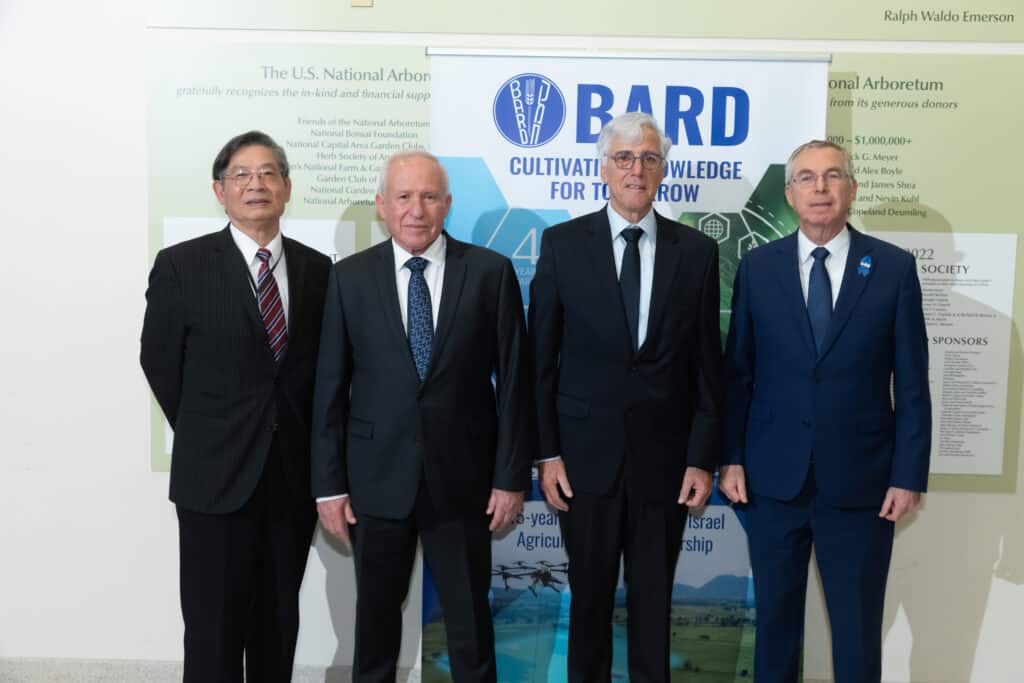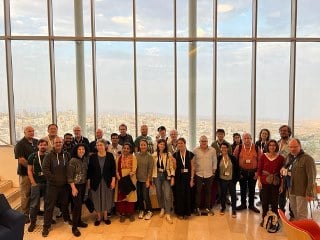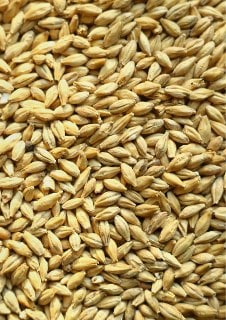A survey attempting to analyse customers’ attitude towards local agricultural production found striking similarities between Israeli and American consumers.
Both in the U.S. and in Israel, a growing portion of the available produce is imported from outside the country. Decision makers have been debating measures to help the domestic agricultural industry. Import taxes on fresh produce and food products and setting strict regulations may help the local agricultural sector while hurting free trade and undermining international trade agreements. At the same time, it would increase the cost of living for the entire population. Two new studies which were funded by BARD, suggest that providing clear and prominent information about the countries of origin (COOs) may have a similar effect as an import tax and strengthen the local agricultural sector.
The debate about whether to reduce import barriers on fresh produce in order to decrease the cost of living and increase welfare, or to continue protecting the local agricultural sector by imposing import duties on fresh vegetables and fruits, has been part of the political dialog between Israel and the US, as well as the dialog between the US, Israel and the EU. The alternative of building a strong local brand that would draw upon patriotic feelings to support the agricultural sector has been discussed in the literature as a non-tax barrier to global competition. The reasons consumers are willing to pay more for local fresh fruits and vegetables are: notably fresher produce, environmental concerns- reduction of the energy spent on import, and sentiments that include patriotism/ nationalism and ethnocentrism (positive feelings toward homeland) and animosity (negative feelings toward certain countries of origin).
A BARD-funded research project jointly conducted by Prof. Amir Heiman from the Hebrew University and his colleague Prof. David R. Just of Cornell University empirically analyzed consumers’ attitudes toward local agricultural production, perceptions of the contribution of the agricultural sector to society and how these perceptions interact with patriotic beliefs and demographic variables. Consumer attitudes and sentiments are linked to ethnocentrism and the level of animosity they feel toward specific countries of origin, both affecting the preference for locally grown fruits and vegetables. Thus, the geo-political landscape may help shape consumer’s preferences and willingness to purchase particular products.
The empirical analysis is based on two surveys, one conducted among Israeli shoppers and one conducted among US households. Researchers found strong influences of nationalism, patriotism, ethnocentrism and animosity for favoring local produce in both samples. In the case of Israel, this manifests itself as a significant unwillingness to purchase produce from countries in conflict with Israel (e.g., the Palestinian territories), with the unwillingness being related to the strength of the conflict. Moreover, the effect is larger for those who are either more religious, or for those who identify with right-leaning political parties.
The results from the U.S. and Israel are strikingly similar. For some countries, the perception of conflict is dependent on political views (e.g., antagonism towards Mexico), while for others there is more widespread agreement on identifying non-friendly countries (e.g., Russia). Despite a substantially different religious and political landscape, both right-leaning political views and religiosity play strong roles in the demand for non-reliance on foreign produce.









